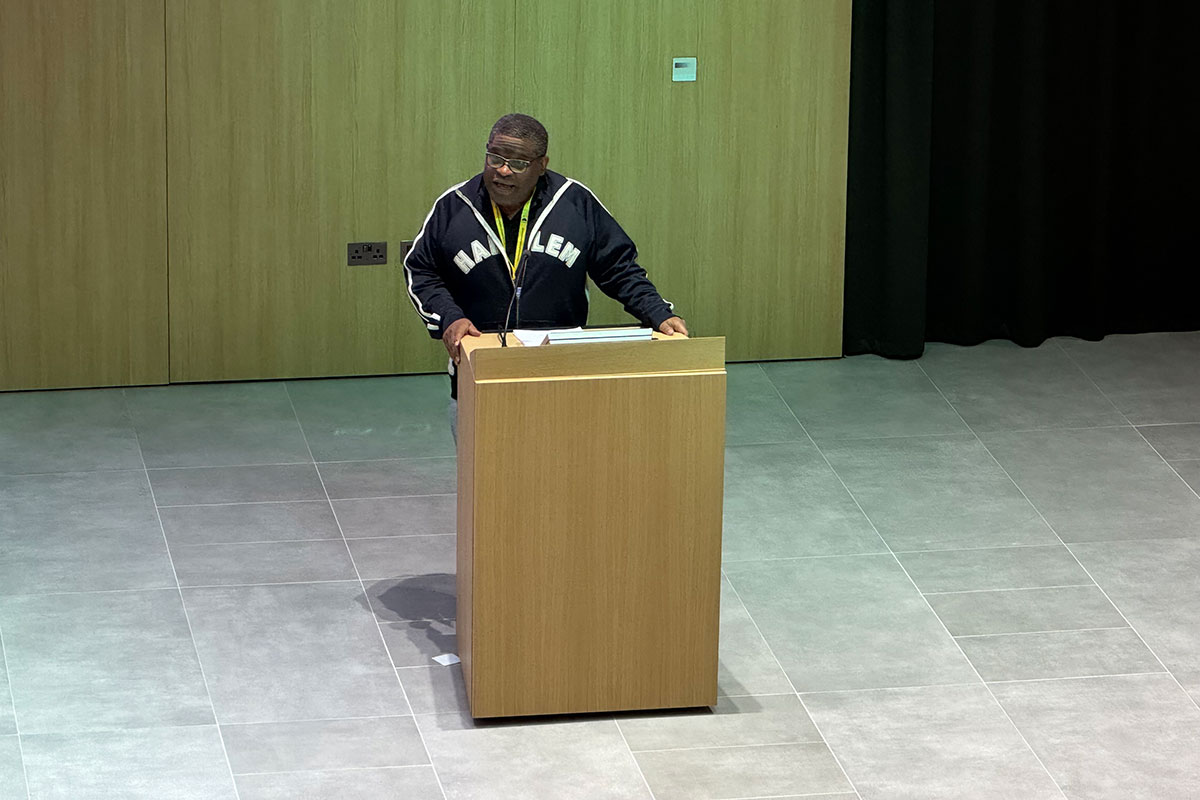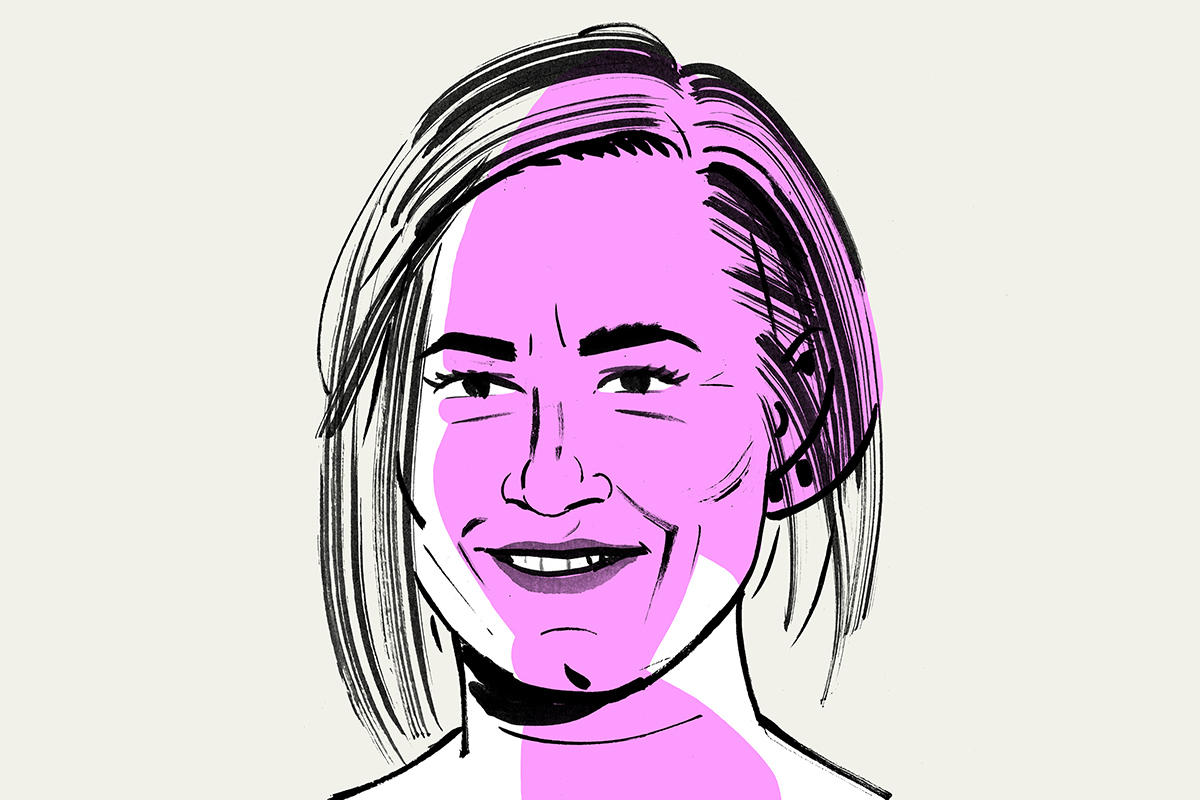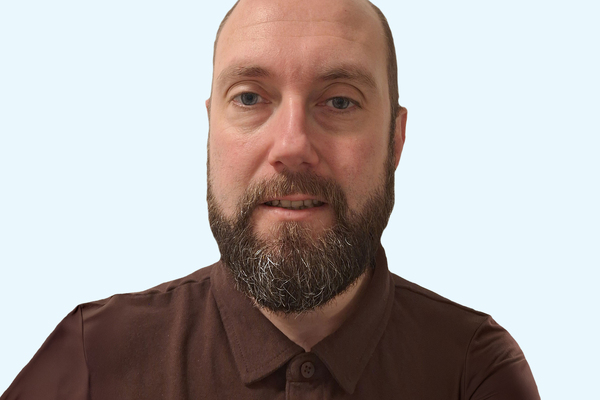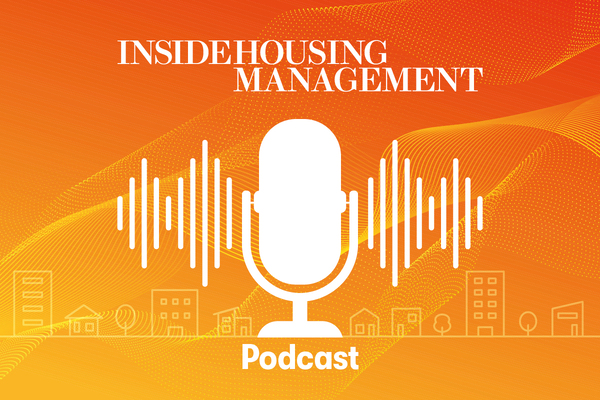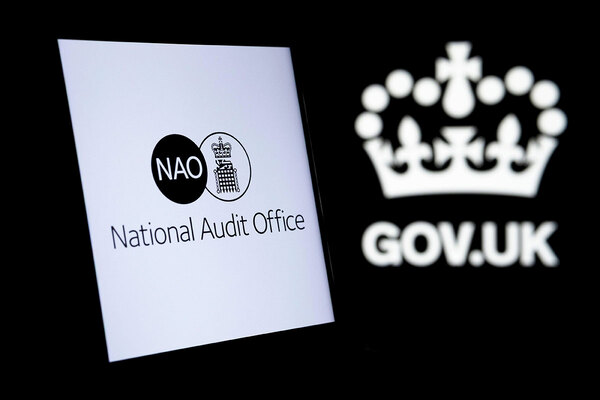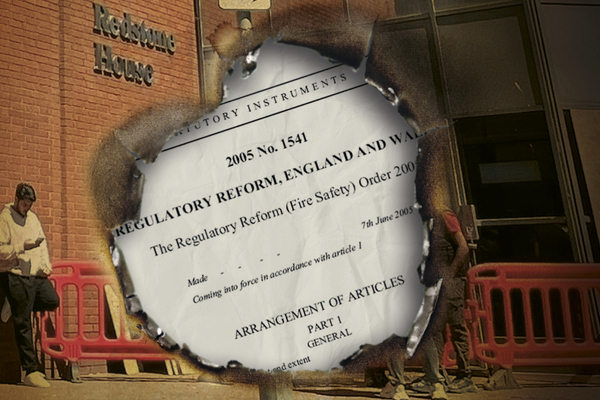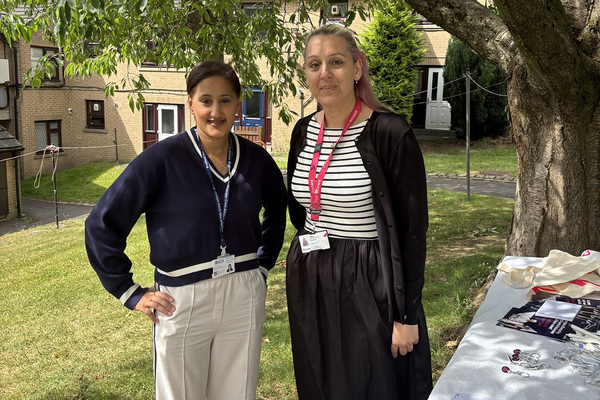You are viewing 1 of your 1 free articles
Flag policy, inclusive leadership and how to respond to the rise in hate crime
As professionals from across the sector gathered at Unity Place in Milton Keynes on Tuesday for the Housing Diversity Network conference, discussions revolved around how housing providers should respond to rising political disruption. Anna Highfield summarises. Photography by Anna Highfield
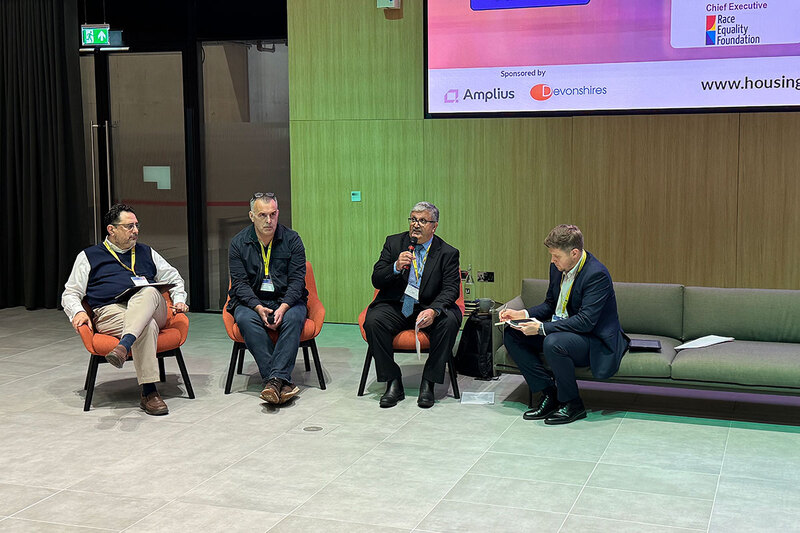
Kicking off the day at the Housing Diversity Network’s (HDN) Autumn Conference, Daniel Hewitt, investigations editor at ITV News, encapsulated the national mood of political uncertainty as he spoke of living in a time of flux characterised by “fear” and “disruption”.
The one-day event focused on combatting division and polarisation – from a speech on inclusive leadership for uncertain times by an HDN associate, to a panel on the rise of right-wing populism and various breakout sessions, including a Stop Hate UK workshop on how housing staff can reset their response to hate crime.
Last year’s annual event ranked the sector’s progress equality, diversity and inclusion (EDI) at just four out of 10.
Rounding off this year with a rallying keynote speech was Gary Younge, a sociology professor at the University of Manchester and former editor-at-large at The Guardian, who warned the audience that “fascism is knocking on the door”.
Recalling Martin Luther King Jr’s ‘I have a dream’ speech, Mr Younge said: “The speech is remembered precisely because he looked beyond what he could see and reached, instead, for a vision that lay beyond view.
“The point here – and the point of this keynote – is to emphasise that if we reduce ourselves to only what is possible, plausible, feasible and available in any given moment, then we forego the capacity to strive for what is necessary, fair, just and desirable.”
Inside Housing has rounded up some of the key talking points below.
Should housing providers be implementing a clear flag policy?
During a session on working in places with unexpected right-wing populist election wins, panellists discussed whether housing providers should have a ‘flag policy’.
Since the summer, a growing number of St George’s and Union Jack flags have been put up in hotspots across the UK. While the groups responsible argue that the flags are motivated by pride and patriotism, critics are concerned that the move is provocative at a time of high political tension over the issue of immigration.
Anthony Duerden, chief executive of Calico Group, said the housing association became aware of flags being put up in an “organised, structured” way in its hometown of Burnley in Lancashire – as well as “support for people putting the flags up”.
He said staff were particularly concerned about a noticeable increase in “racist incidents” coinciding with the flag issue.
Mr Duerden said: “What we recognised [was that] it was causing a lot of concern for colleagues and communities… colleagues were feeling scared, unsettled, frightened about flags and what it meant for them.”
The chief executive said that in response, Calico orchestrated conversations for colleagues to share their concerns, as well as reassert company values and think about “how we would respond to racist incidents”. But the landlord did not go as far as creating a flag policy.
Brian Horton, director of housing consultancy Horton Strategic, said: “It’s very hard to write a policy to say that the national flag is something you can’t fly.”
He said housing associations and councils should be “exercising judgement” based on local knowledge, rather than “being trapped into [taking actions] that are then turned into something different by those that have put the flags up”.
Mr Horton explained: “If you know you have a not-very-diverse area, maybe you have some Afro-Caribbean or Asian families in two or three houses and the flags are up outside, then that’s something you need to take attention to. And if those households feel that they are being singled out, or targeted, then you do [respond].”
How can housing teams reset their response to hate crimes?
A separate breakout workshop led by Kush May-Chahal, director of training services at Stop Hate UK, discussed a rise in hate crimes across the UK and what the sector can do to respond to these in a more effective way.
He said that rather than focusing on the “rhetoric [of prejudice which] has solidified within all the mainstream political parties”, providers should focus on making change in their local communities.
He said this should include making sure staff are prepared to respond when “a trigger event leads to a spike in incidents” of hate crime, ensuring reports of anti-social behaviour are interrogated more closely to understand the motives.
Housing providers should also have a suite of information to hand to signpost both reporting and support systems, as well as make sure staff are trained in trauma-informed and strength-based practice so that they can effectively support victims.
Mr May-Chahal gave an example of a housing provider that has trained its frontline staff to respond to racism they experience on the job with a small selection of statements designed to “dispel aggression” and “maybe change someone’s mindset”.
Inclusive leadership for uncertain times
Sohini Petrie, an associate at HDN, gave a rousing speech on how to cultivate inclusive, socially aware leadership in uncertain times.
“In my work, I see people gripping closely to archaic leadership tropes,” she told the audience.
She said housing leaders must leave behind “outdated ideologies” about what leadership should look like – including “endurance”, “grit” and “endless productivity” – and should instead rethink their concept of resilience, accepting pause and embracing vulnerability.
Ms Petrie said resilience should not be about “heroic toughness”, but about “sustaining capacity through fragility and strength” by relying on community support, embracing “cycles of rest and renewal, not endless productivity”, and welcoming challenges as an opportunity to foster growth.
She said leaders also need to rethink their approach to taking a pause, insisting: “I know so many leaders who don’t take lunch breaks, and I find it actually irresponsible… Without giving yourself a pause, a break, you’re not going to be able to show up fully for your [work commitments and colleagues].”
Urging leaders to challenge long-standing company norms, Ms Petrie concluded: “We need to step out of the thinking that the organisation knows it all and have the courage to do what we know is right as well.”
Sign up for our daily newsletter
Already have an account? Click here to manage your newsletters
Related stories
